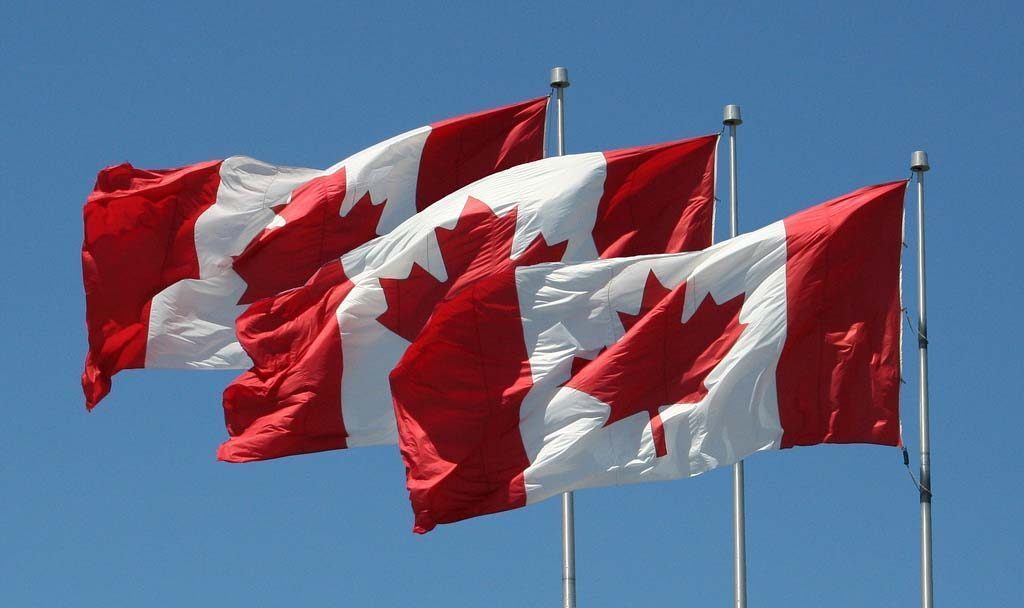
Canada’s prime minister has personally thanked Qatar’s Emir for the country’s assistance in negotiating the release of a Toronto man kidnapped in Afghanistan more than five years ago, QNA reports.
Earlier this week, Canada’s foreign affairs minister said in a statement that efforts to secure the release of Colin Rutherford – who was abducted by the Taliban in 2010 – “have been successful” and extended his appreciation for Qatar’s efforts.
It’s not clear what specific role Qatar played in freeing Rutherford.
The man is an auditor who said in a 2011 video released by the Taliban that he traveled to Afghanistan as a “tourist” because of his interest in “history and historical sites, old buildings, shrines.”

Qatar’s ambassador to Canada, Fahad Mohamed Kafoud, told the National Post that instructions to work on freeing Rutherford came “from His Highness the Emir to facilitate and to do our best to help our friend in Canada.”
“So we did some contacting, we did some kind of efforts through the ministry of foreign affairs of Qatar … and this has been a successful outcome for Mr. Rutherford who was released today,” he told the newspaper.
Kafoud added that no ransom had been paid, in accordance with a policy previously laid out by Qatar’s foreign minister.
The Canadian embassy in Doha declined to comment on the case.
Hostage negotiator
Qatar has a reputation among its allies as a hostage negotiator and has previously helped free seven Greek Orthodox nuns from Syria.
It also helped facilitate the release of US journalist Peter Theo Curtis – who had been held captive by the militant group al-Nusra Front in Syria – as well as US Sgt. Bowe Bergdahl, who was released from captivity in Afghanistan in exchange for five Taliban prisoners held in Guantanamo Bay.

Andrew Hammond, a Middle East analyst with the European Council of Foreign Affairs, previously told Doha News that Qatar has built up a complicated network of contacts with different groups in the region.
This allows the Gulf state to call in favors from various organizations on behalf of other states, thereby increasing Qatar’s value to its allies, analysts have said.

Members of the Taliban have lived in Qatar for several years and briefly opened a political office in Dafna in 2013, but closed it less than a week later.
Thoughts?







